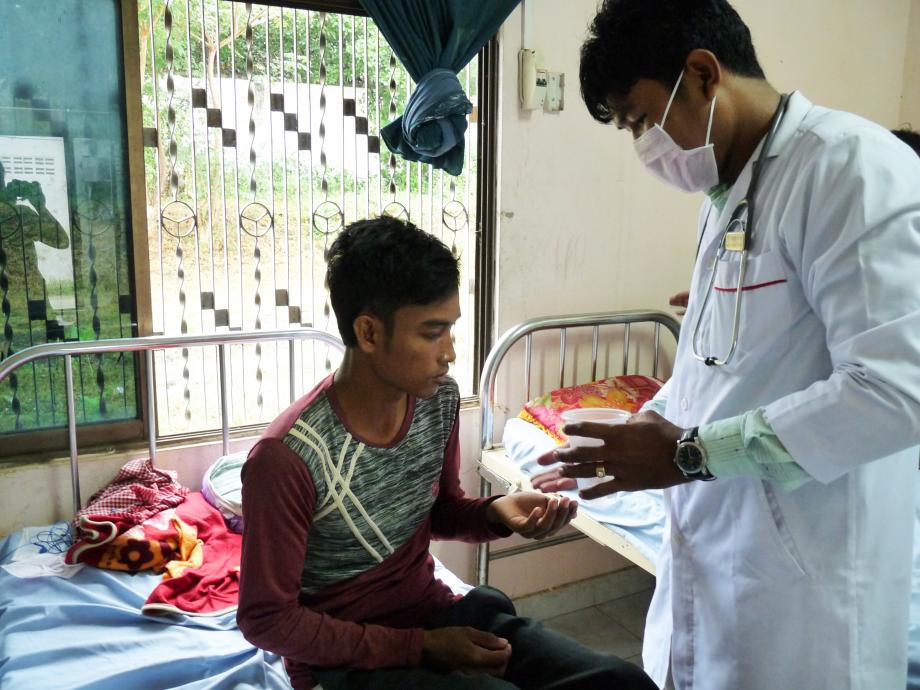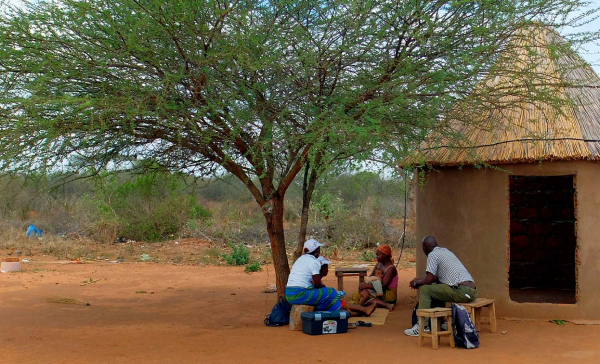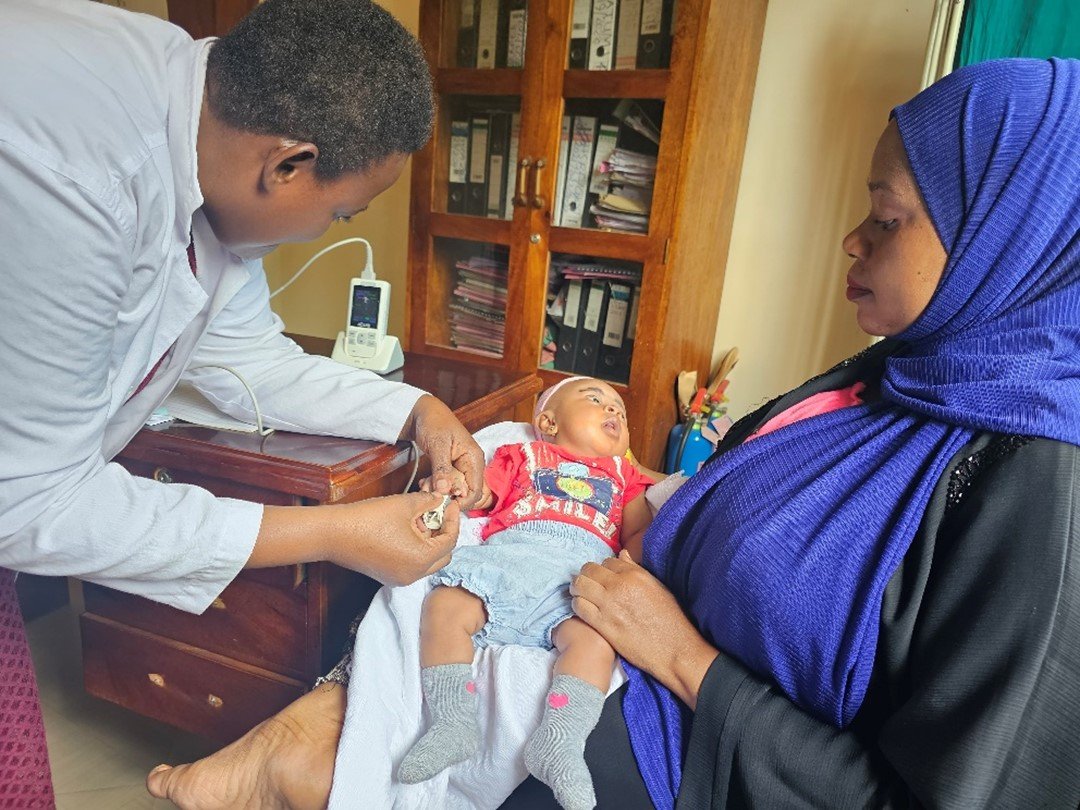The problem
Despite effective medicines, vector control tools and preventive treatments, malaria remains a major threat to global health. Young children are the most frequent victims of malaria, accounting for two-thirds of all deaths globally. The RTS,S vaccine, the world’s first malaria vaccine, was specifically designed to protect young children from severe illness, but additional research was needed to understand the feasibility, impact and safety of implementing the vaccine at the national level.
Our response
The Malaria Vaccine Implementation Program, led by the World Health Organization, piloted the vaccine in three high-malaria countries in Africa: Ghana, Kenya and Malawi. Jointly funded by Unitaid, Gavi, the Vaccine Alliance, and the Global Fund to Fight AIDS, Tuberculosis and Malaria, the project tested the vaccine in real-world settings, while monitoring for safety, effectiveness and feasibility. This program eventually provided the evidence base needed to inform the WHO recommendation to roll out the vaccine more broadly.
Importantly, the evidence generated through these pilots can be leveraged for future vaccines. This will serve to accelerate the introduction of new and emerging vaccines, ultimately saving time, lives and resources.
2024 WHO position paper on the malaria vaccine LEARN MORE
The RTS,S malaria vaccine
The world’s first vaccine that can prevent malaria in young children.
Our partners
Ministries of Health led the implementation of the vaccine, which was delivered through routine immunisation programmes. The World Health Organization played a coordinating role, working in collaboration with the vaccine manufacturer, PATH and UNICEF.




